‘Traumatizing’: What It’s Like to Be Unhoused in Rural America
The lessons learned after spending months embedded with unhoused communities in Oregon.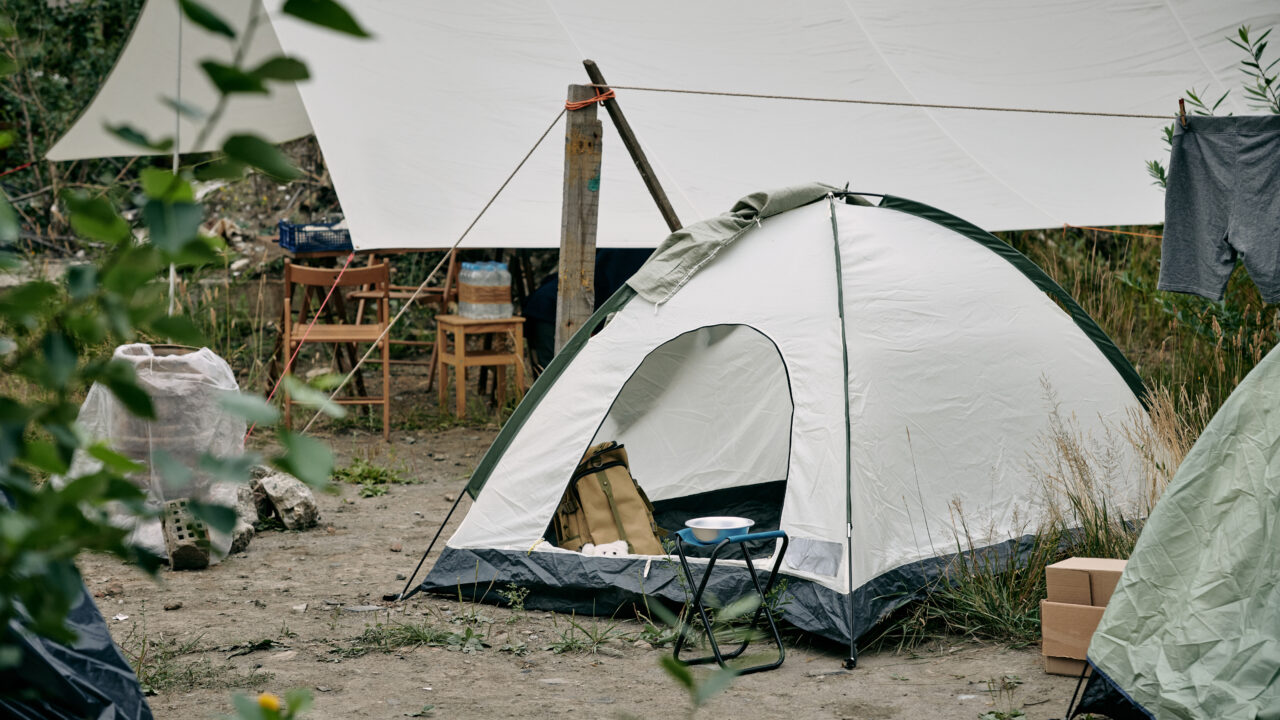 Image: Adobe
Image: Adobe
This story was originally published by High Country News.
Though it’s often less visible and rarely discussed, rural homelessness is rising six times faster than homelessness overall. One person who’s been sounding the alarm for years is Julie Akins, a veteran journalist and former mayor of Ashland, Oregon, who now serves as senior housing director at AllCare Health.
Her latest report on rural homelessness, which came out last month, is based on hundreds of conversations throughout southern Oregon over a six-month period. At times, Akins has even embedded with the people she interviewed: sleeping in her car or a tent, enduring scabies and head lice. We called her up to ask what she’d learned — and what the lessons might be for the rest of the rural West.
This interview has been edited for length and clarity.
High Country News: In your latest report, you noted that people in rural areas often deal with lower pay and a more limited housing stock than those in urban areas. How else does rural homelessness differ?
Julie Akins: Urban homelessness looks like a bunch of tents in a centralized space, because people are trying to access transportation and services. In the rural West, services are spread out, and sometimes it can take people hours to walk from one part of their community to another.
In rural communities, you see people trying to tuck away in places where they can be unseen. I interviewed people living at rest stops. Families in their cars, driving all night with the heat on to keep their kids warm. Grandmothers and grandfathers, walking with walkers to rundown RVs where they don’t have hot water. A woman living under the crawl space of an Airbnb that she cleaned. People on Bureau of Land Management land, trying to hide out in a vehicle. It’s scattered and pervasive.
HCN: There are many stigmas surrounding homelessness: that everyone experiencing it is lazy or has issues with substance abuse or mental health. What did you find?
JA: That was the main thing people asked me to do: They spoke to me in exchange for reporting that they are not a “bum,” a “drug addict” or mentally ill. Breaking through the concept that if you don’t have enough money, you’re somehow a failure and don’t deserve a hand up is really the hardest point to drive home, right? Because those stereotypes exist.
HCN: A “living wage” is the amount an individual needs to earn to cover their basic needs. In Oregon, it’s $24 an hour. Readers may be surprised to learn that 60% of the people you spoke to were employed. Can you break down the math of poverty?
JA: Well, Taco Bell pays $15 an hour. You could work there full- time and have another part-time job and still not have a roof over your head.
In rural communities, you see people trying to tuck away in places where they can be unseen.
I met this young man, very smart. Halfway through college, he started having seizures; he discovered he had epilepsy. So he had to quit school, he couldn’t drive anymore. (He and his mother) were living in an RV. He wound up working at Taco Bell, but he can only work a certain number of hours. Because if he gets over a threshold, then he no longer is qualified for Medicaid. And without Medicaid, he couldn’t afford his anti-seizure medicine. The way we have it set up, you kind of have to stay in poverty if you have an illness.
At what point do we accept that? That you can be a working person and still homeless? That you can be a retiree who worked your entire life — and now you’re unhoused because your wife died, and only one Social Security benefit is not enough? At what point can we say the American dream has become a nightmare?
HCN: According to the National Alliance to End Homelessness, “a chronically homeless person costs the taxpayer an average of $35,578 per year.” When that person is placed in supportive housing, those costs are cut nearly in half. Can you talk about the cost of homelessness?
JA: I’ll use Susan as an example. She’s 71 now. She had a blister on her calf; she couldn’t keep it clean and dry because she was spending an Oregon winter in her truck. So this wound got worse and worse, to the point where it was so badly infected it was filled with maggots. She wound up in the intensive care unit for, I believe, eight days. The expense of that is astronomical: $3,000 a day. I mean, you could have housed her for how long for that kind of money?
HCN: What has changed since your first reporting trip in 2016?
JA: There seems to be a marked loss of hope. When I first went out, people seemed to believe it was a blip. There was some sort of optimism. Now they’re looking around and realizing it’s mathematically impossible to pull yourself out of homelessness without help. That’s very discouraging. People want to be independent, to be proud of themselves. They want a good job, a place to live; they want to progress in their life. And when you do everything you can and that still doesn’t happen, how can you avoid losing hope?
HCN: What are the solutions?
JA: Homelessness is a housing problem. When you’re hungry, you don’t sit around and think: Hmm, what would be a cure for hunger? You’re like, I’m hungry, I’m going to eat something. I’m unhoused, I need a place to live — it’s really that direct.
HCN: How has this reporting changed you?
JA: I don’t think I can ever not be grateful that I can lock my door and get in my bed and pull the covers up and drift off to sleep. It’s such a small thing, but it’s also a huge thing.
Until you’re (sleeping in your car), you don’t understand how terrifying it is. Even in small towns, there’s a lot of commotion at night that you might not ever know about if you live in a house. There’s the terror of: What if I have to go to the bathroom? And then just the general sense of being so out of touch with what you think of as normal life.
Now, I am really aware of what being ostracized in society can do to you from a psychosocial perspective. It’s so traumatizing. And this is what it’s like for people (experiencing homelessness) day in and day out. That is a moral failing. And it’s not the moral failing of the people who are unhoused; it’s the moral failing of this country.
Your support matters…Independent journalism is under threat and overshadowed by heavily funded mainstream media.
You can help level the playing field. Become a member.
Your tax-deductible contribution keeps us digging beneath the headlines to give you thought-provoking, investigative reporting and analysis that unearths what's really happening- without compromise.
Give today to support our courageous, independent journalists.
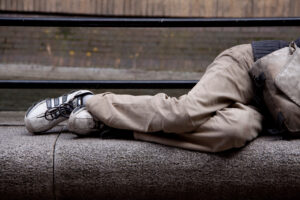
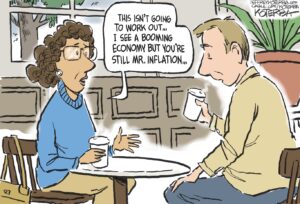
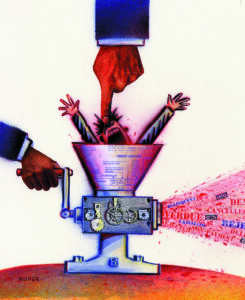


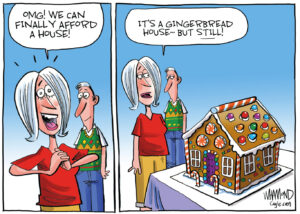
You need to be a supporter to comment.
There are currently no responses to this article.
Be the first to respond.